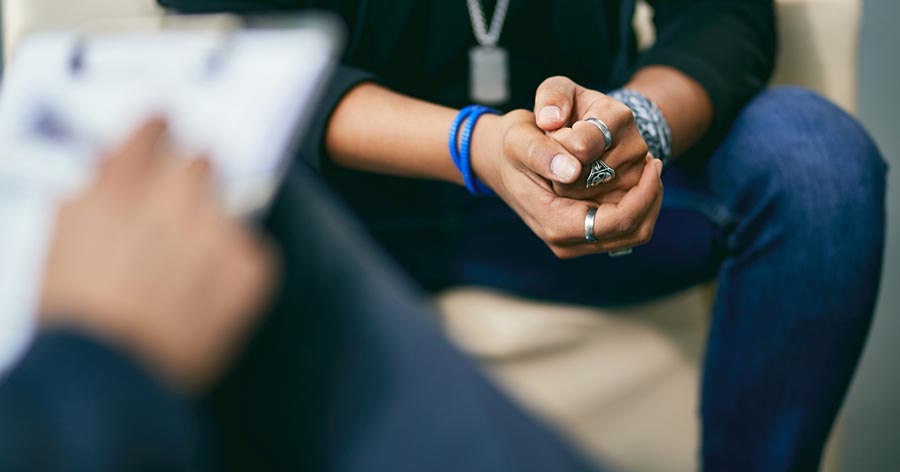As a member of the Territorial Army for more years than I care to mention, I recently received my compulsory mobilisation papers, and now find myself working in a field hospital in Iraq for 6 months. When I told people that I was likely to be called up there was a look of surprise and questions about how I would be employed? Often it was doctors and nurses who were shocked at the possibility, until I assured them that I was not going purely as a soldier, but that I would be using my nursing qualifications and would work in the field hospital, already established in Iraq. To which they then added the question about the need for a paediatric nurse? I reminded them that I am a nurse first, a paediatric nurse second, and still an RGN as well as RSCN.
I am lucky to have the chance to work with nurses from all types and sorts of backgrounds, such as occupational health, practice nurses, NHS Direct, and regular army nurses, of all grades and ranks. A situation like this gives us a chance to reflect that all nurses, whatever area they may have specialised in, share the same core competencies and skills, and also the common ideology of nursing. Whilst some specialist nurses, such as those from the intensive therapy unit and accident and emergency, are directly using their specialist skills, most of us are utilising more general skills and experiences, such as management or venepuncture. It is a shared process that enables us to provide the soldiers the high level of care they so deserve.
It proves the ability of most nurses to adapt and work in any situation they find themselves in, for the benefit of their patients, and that none of us are indispensable in our normal jobs.
NICE guidelines
Back to diabetes. The NICE guidelines for type 1 diabetes (both in children and in adults) have been available on the website for comments. These guidelines have to be research based, and some of the research has been unexpected and may
not show what you practice or have observed. If there is no research, it is more difficult to justify a recommendation. Some of the wording has to follow a set format, which may not please everyone. There will be an opportunity for more comments, which is your chance to influence the guidelines. If you have a criticism or complaint or valid comment about the guidelines, send your comments, with any justification, to NICE. They do listen.
The NSF for Children
The National Service Framework for Children is already making an impact on many aspects of paediatrics and will continue to do so. It is as important as the NSF for Diabetes was. Fiona Smith, the Paediatric Adviser at the Royal College of Nursing has worked extremely hard to ensure the voice of paediatric nurses, including paediatric diabetes nurses, is heard and represented on the working parties involved in the NSF for Children. Fiona has kindly written an article for us, explaining a little about the NSF.
Maturity onset diabetes of the young (MODY)
Jo Dalton and Maggie Shepherd’s article is a case study about a child found to have MODY and who was taken off insulin as a result. How many times have your patients wanted you to tell them they could survive without insulin? This girl has been through appropriate tests and diagnosed with a form of MODY, resulting in her treatment being changed to small doses of oral hypoglycaemic drugs. Although the vast majority of children and young people with diabetes will have type 1, we should be aware that a small number might have other types of diabetes.
Finally, I would like to take the opportunity to thank everyone who has sent me messages of concern for my safety and best wishes since I received my mobilisation papers for Iraq.
At present, Jane is with Clinical Squadron, UK Med Gp, Op Telic, BFPO 645.





Charity publishes its 10-year vision to transform diabetes prevention, care and treatment.
22 May 2025